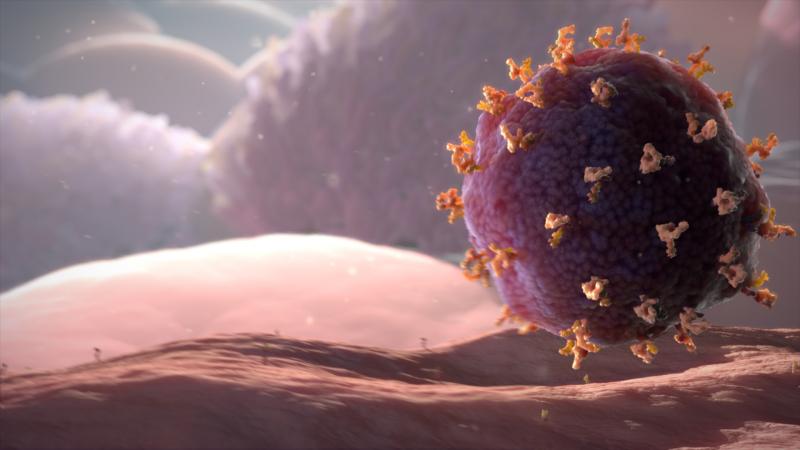Allison Tappon
Allison is a clinical expert and network educator for the Children’s Hospital of Philadelphia’s Child Life department. Allison studied elementary education in college and later went on to earn a master’s degree (MS) in human services and a Certified Child Life Specialist (CCLS) credential. Allison told the VMP how her interests in the disciplines of human development, education, psychology and sociology led to her career in child life.
What were your favorite classes in school?
I really enjoyed early childhood education, child development, child psychology and courses in human services. These classes stimulated so much curiosity in me. Theory, research and application of it all just really clicked with me.
Who is your science hero?
Dr. Frederick Chapman Robbins – a pediatrician, virologist and Nobel Prize winner. He felt it was necessary to create a program that addressed the social, emotional and educational needs of hospitalized children. He charged Emma Plank with this task. Emma later became the first Director for Child Life and Education at Cleveland City Hospital.
What advice do you have for students interested in a STEM career?
Remain open to the interdisciplinary approach that STEM careers usually have. Realize that you will gain more when you allow yourself to take in information other than your desired learning subject and from various disciplines. For example, I found statistics to be extremely challenging, but it has strengthened my understanding when becoming involved in research projects.
What is your favorite part of your job?
Watching the patients and families I serve become empowered in vulnerable situations and environments. I also really enjoy helping to strengthen the relationship that a child has with their healthcare team. Part of this is working with clinicians to help them best understand both developmental strategies and typical reactions when a child is under stress. I also find it exciting to pair creativity with science. For example, I often use play to help a child understand and cope with medical events.
What current scientific discovery or project are you most excited about?
Evolving treatments for pediatric cancer. Specifically, something called cancer immunotherapy. This type of treatment uses the patient’s own immune system to help treat the cancer.
Why do you think it is important for non-scientists to think about science as it relates to their careers or lives?
Scientific explanations can help you better understand the world around you. This can help you make more educated decisions throughout your personal and professional life.

